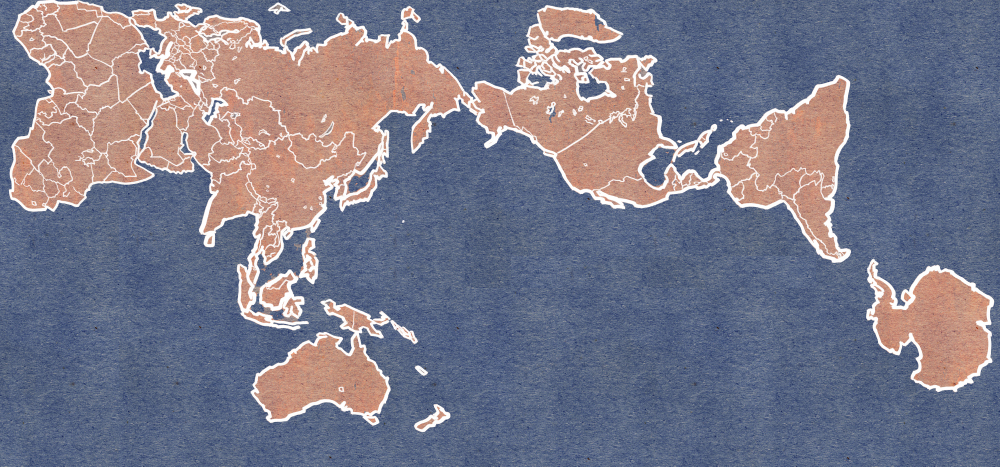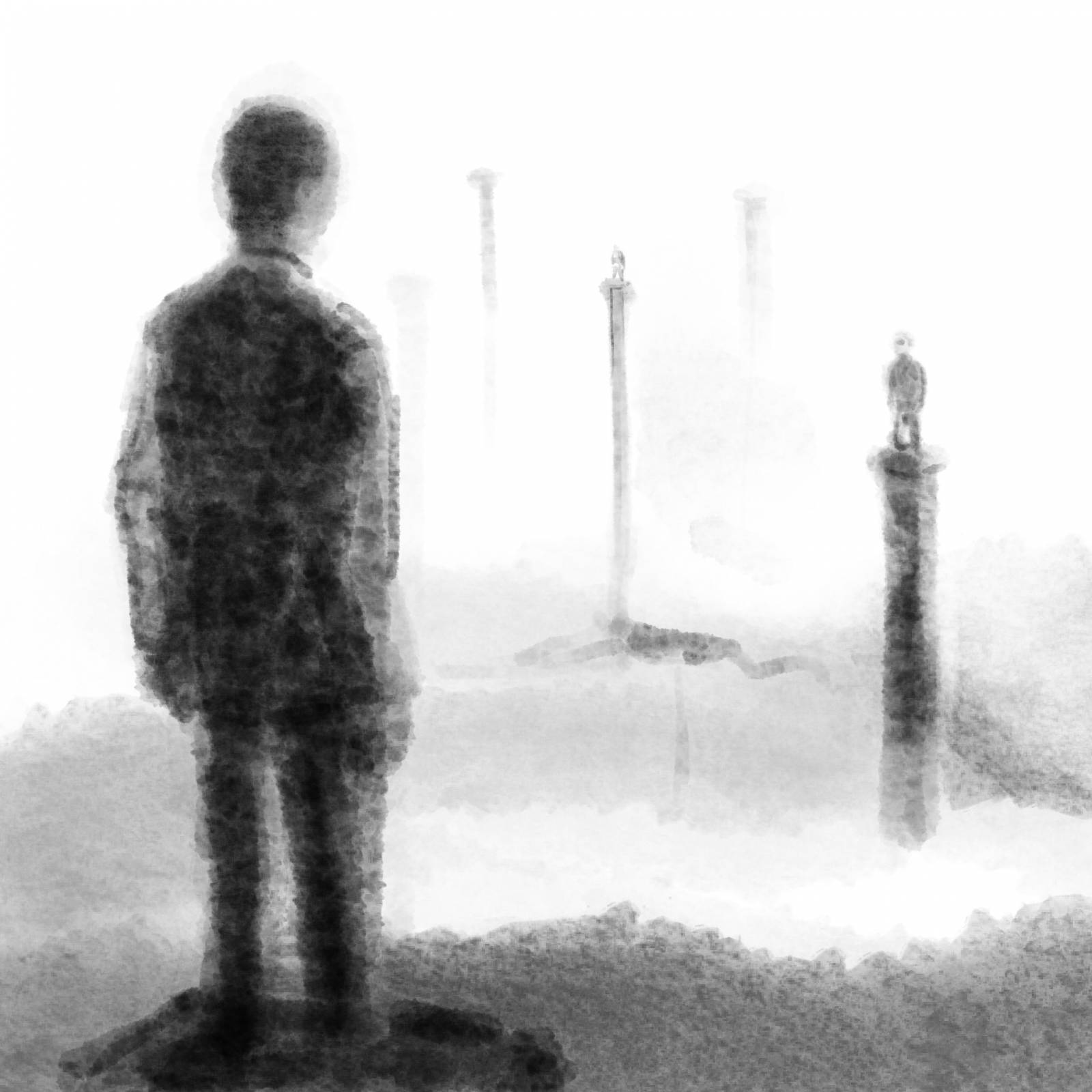Jyrki Käkönen depicts global political development and future challenges.
Perspective from the “West”
Experts in world politics do not have difficulties in agreeing that the international order is in transition. It does not matter what is their theoretical background or geographical location. However, the consensus does not carry any further.
From a Western-centric perspective the liberal norm based international order as well as basic Western values like democracy and human rights are threatened. Authoritarian and strengthening China is evaluated to be the major threat along with some other emerging states including the BRICS group.
In the Cold War framework, the rise of China brings back bipolarity and tension between two great powers. Therefore, the US focus in world politics will be on Asia and especially on China. Europe with its internal problems will be in the margin if not totally forgotten. In a short timespan there shall be two main powers, the USA and China, which differ from each other in many respects.
Along emerging countries, the gravity of world politics is shifting to Asia or Asia and Pacific region. Simultaneously old power centres and especially Europe will lose their power to determine the essential guidelines in world politics. However, the old power centres are not disappearing like the all mighty Roman Empire.
There is also another perspective to evaluate the transition in world politics. It is possible to argue that the issue in global transition is decolonization of the international order. Despite formal decolonization, the internal order is still a colonial order. Most if not all institutions of global governance are inherited from the colonial past. Therefore, emerging states want those institutions to be reformed to reflect current realities in world politics and economy.
A cardinal idea in the liberal international order and in globalization associated to the liberal order has been that gradually the whole world will become the image of the West. In fact, that has been a kind of precondition for becoming a member in the so-called international community. In a regional scale this aspect was strongly present when Central-Eastern European countries joined the EU. In principle, the issue here is to make one region’s or culture’s values universal. Simultaneously others are denied having the right to their own values.
In the current world the export of liberal democracy does not function anymore, not even in the name of the so-called democratic peace. It is hard to present Donald Trump’s USA as a model for the countries whose democracy index is low. The US leadership does not work anymore. On the other hand, China is not able to offer a leadership, at least not yet. China is in many respects still far behind the USA and US dollar is still the currency of world trade.

Demolition of colonial structures began already by the end of the 19th Century by the modernization of Japan and its rise to a world power. Japan then joined the West without Westernizing itself and participated imperialist re-division of the world. However, in decolonization the year 1905 is a kind of milestone. Then for the first time in history a non-Western power defeated a European power. It does not matter whether that power was a declining Russian Empire, it was a European power.
It is possible to evaluate the role of BRICS and other regional organizations of the emerging states in the context of decolonization. These new institutions in global governance are established as parallel institutions or for replacing the old colonial institutions of global governance. With the new institutions the emerging countries attempt to change the norms of global governance into their own norms or at least bring in their own norms. In doing this, emerging states aim to establish themselves in the international order on their own conditions instead of being subjected by the West and Western-centric IR theories.
In their domestic decolonization discourse, the emerging countries are returning to their own cultural roots. Instead of Westernization in decolonization the emerging countries reinvent their own heritage. This is demonstrated in the rise of Hinduism, Confucianism and Islam and not only in the form of fundamentalism, which causes anti-reactions in the West. Reinvention of own cultural roots does not mean the end of globalization except in the sense that globalization means universal Westernization.
Return or reinvention of own cultural heritage certainly challenges Western values. But Western values are not challenged only by the emerging states. Those are also internally challenged. Donald Trump and his administration hardly represent traditional Western or just American values. In the European Union these values are challenged by various populist movements as well as by anti-globalists. These kinds of challengers bring up the problematics of the liberal democracy. Democracy can generate surprising and less democratic results. In this respect, it is not that far from autocracy.
Power shift
Rising China and India will adopt the role of a great power. They both challenge the current global governance and its Western-centric norms. However, this does not mean that they would be against norm-based order and global governance. The issue is more about the values on which the future order should be based and what kind of a position different actors should have in it.
In aiming for the decolonization of the international system China and India challenge the liberal international order. In doing this they return to the centre stage of world politics after 300 years of exception. In this process they lean on other emerging states and the so-called global South. In various South – South cooperation initiatives it is possible to see a re-vitalization of the pre-colonial connections and networks.
In Chinese and Indian politics, the issue is also about utilizing Latin America and Africa as their resource for their own economic growth. There is no reason to be blind to this fact. In various initiatives for regional cooperation, like the Chinese Belt and Road Initiative, the goal is to get access to the resources of others. In this respect imperialism is not over yet. China and India are participating the redivision of the world.
Increasing turbulence
The contesting of the current institutions of global governance and the establishing of parallel institutions will, at least temporarily indicate the erosion of global governance. This will increase the instability in the global system. Simultaneously the control of climate change is one of the major challenges for the humankind. Shall the actors give priority to a national interest or how to maintain the planet liveable for the future generations.
It is fully understandable that the emerging nations have an interest to improve their positions in the global system as well as in its governance. However, until now they have not searched aggressively for a transition. It is more likely that the descendent powers are willing to use force in maintaining their vested interests. Until now the aggression of the dominating powers has appeared only in the form of trade wars.
Despite the tensions in China – USA relations, an open war will be unlikely, at least at the moment. However, violence and conflicts are likely to increase in the system. It is possible to back up this argument by the fact that in the current world options for armed violence by non-state actors have increased. This is a phenomenon what could be labelled as the democratization of violence in a negative sense of the concept.
Climate change and migration caused by it will in the next decennials increase the probability of violence. It is not easy to find communities or states that would be willing voluntarily receive millions of environmental refuges. It is likely that in the potential receiving countries those refuges are estimated to be a threat to societal security as well as to Western values. The xenophobe of the populist movements in the West supports this assumption.
Plurality of values
Those who feel that the emerging states and potential massive migration will threaten their values should be aware that dominating states have always applied double values. The values the dominating countries understand as theirs have not been applied to others during the colonial history. Therefore, emerging nations have their doubts about the Western values.
The emerging states will bring their values into international politics. It does not mean that the Western world should give up their values. But it means that the West has to give up the idea that its values would be universal. In the Euro- or Western centric world history this idea has legitimized the expansion of the Western values by force in crusades, colonialism as well as in the communist world revolution.
It is a high time to think whether it is possible to talk about freedom or human rights before the right to stay alive is realized. To stay alive is the precondition for any other values and freedoms. Climate change is a factor that most likely threatens the access of millions of people to fresh water and food when their local environment become unliveable. And this situation is a result of the realization of Western values and living standard just for a minority of the humankind.
When we think the future of the whole humankind it should be quite evident that thorough changes are required. Does the ongoing decolonization process give hope for the humankind is not at all clear. Even that transition process seems to miss the vision about the future. It should not need too much to understand that we have to give up the Western welfare standard in order to provide better life for everyone on the planet. Therefore, the West cannot function as a model for the rest anymore although emerging powers aim for the welfare of the West.
Facing an unknown future
For the descending as well as for the emerging states the market economy is the base for welfare and power both internally and in the mutual relations of the states. The economic growth is still the magic for solving all social problems. Until now there has not been presented any alternative for the economic growth that would provide the right for life for the future generations.
The world may not be transforming into a post-Westphalian but most likely to a post-Western time. The leading powers are not anymore only from the West and the Western values do not automatically define the norm base of the international system. Therefore, it is acceptable to ask how China or India would contribute the international norm system.
In classical Hindu and Confucian social philosophy, the legitimacy of power was based on the welfare of citizen. The ruler was responsible to produce welfare for his subjects, and not just welfare but sustainable welfare. In case the ruler failed in it, the subjects had a right to throw the ruler out. In the world of climate change my own or national welfare is not possible without the welfare of the whole humankind. This is also a precondition for a more peaceful world.
In this turbulent world, we must have courage to estimate how the values of others can contribute for everyone’s right to sustain alive. We should not take the representatives of others’ values as our enemies just because they do not share our values. In a situation where power and power relations are changing the EU should be ready to evaluate what kind of a new international order it could construct together with China and India instead of taking its place along with the USA in trying to maintain the colonial order by all possible means.
Text: Jyrki Käkönen
Illustration: Karstein Volle


